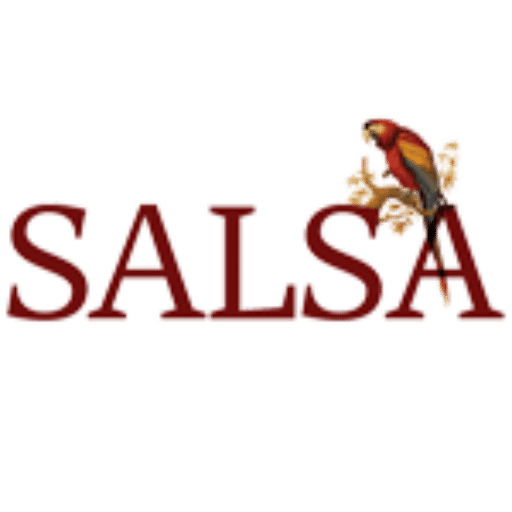
PANEL 10: Native Objects, World Histories
PANEL 10: Native Objects, World Histories: studies of Brazilian indigenous objects in European Museums
SALSA XII Sesquiannual Conference – Vienna, 2019
 Organizers:
Organizers:
Mariana Françozo, Leiden University, The Netherlands
Felipe Vander Velden, Universidade Federal de São Carlos UFSCar, Brazil
Chair: Mariana Françozo
During the colonial period, Europeans in the New World collected indigenous material culture to be exhibited in what were first cabinets of curiosities and later national museums. In the nineteenth and early twentieth centuries, collecting-mania was replaced by systematic collecting as part of early anthropological and archaeological scientific practices. As these disciplines developed, so did the scope and profile of indigenous collections. These numerous assemblages now housed in European museums are the material heritage of indigenous peoples. As such, they provide a wealth of information about indigenous histories and ways of life, as well as about their interactions with non-indigenous peoples and worlds. In the particular case of Brazilian collections, since the mid-twentieth century anthropologists and historians have been trying to locate and document the many collections taken from Brazil to Europe, sometimes being able to reconstruct collection biographies and object trajectories, other times trying to reconnect historical collections to indigenous knowledge practices and identities in the present-day. The aim of this panel is to bring together researchers working on studies of ethnographic and/or archaeological collections from both a material culture perspective (in-depth object analysis) and a historical perspective (focusing on histories of collections), or both. The panel looks at both archaeological and ethnographic collections as a means to question the sometimes unnecessarily rigid divide between pre- and post-contact temporalities.
Panel Schedule
Friday, 28 June, WMW DG41 |
||
Session 1 |
||
| 11:40 | 11:55 | Leandro Matthews Cascon / Mariana Françozo. Museum Objects, Native Choices: Investigating Tupi ethnographic artifacts as sources of transmission of indigenous knowledge and agency. |
| 11:55 | 12:10 | Christian Feest. Collecting and Displaying Botocudos in Europe in the 1820s. |
| 12:10 | 12:40 | Discussion |
Session 2 |
||
| 14:30 | 14:45 | Martin E. Berger. Shopping for Completeness: Collecting Latin America at Museum Volkenkunde Leiden in the 1960s. |
| 14:45 | 15:00 | Alexander Brust. Pinturas, objetos y los seres nobles: Multiples usos e interpretaciones de colecciones entre Brasil y Europa. |
| 15:00 | 15:15 | Manuela Fischer / Adriana Muñoz. Archives for the future. |
| 15:15 | 15:30 | Beatrix Hoffmann-Ihde. The Xipaya and Kuruaya collection at the Ethnological Museum Berlin. |
| 15:30 | 16:10 | Discussion |
Session 3 |
||
| 16:40 | 16:55 | Meliam Viganó Gaspar / Igor M. Mariano Rodrigues. An (ethno)archaeology of ethnographic collections: Cariban case studies. |
| 16:55 | 17:10 | Carla Jaimes Betancourt / Taynã Tagliati Souza. Rauschert’s archaeological ceramic collection from northwest Amazon in Bonn. |
| 17:10 | 17:25 | Renato Athias. Anthropological research in ethnographic museums, new issues for an old debate. |
| 17:25 | 18:20 | Discussion |
Saturday, 29 June, WMW DG41 |
||
Session 4 |
||
| 11:00 | 11:15 | Caroline Fernandes Caromano. The musealization of fire: What can Amazonian artefacts in European museums bring to light? |
| 11:15 | 11:30 | Konrad Rybka. Linguistic, ethnographic, and art collections: a study of fire fans in South America. |
| 11:30 | 11:45 | Wolfgang Kapfhammer. Wahi. Stories of beads, wars, and resilience. |
| 11:45 | 12:00 | Felipe Vander Velden. Exotic materials, native artifacts: Exploring objects in the encounter between Amerindian peoples and Old-world animals. |
| 12:00 | 12:40 | Discussion |

